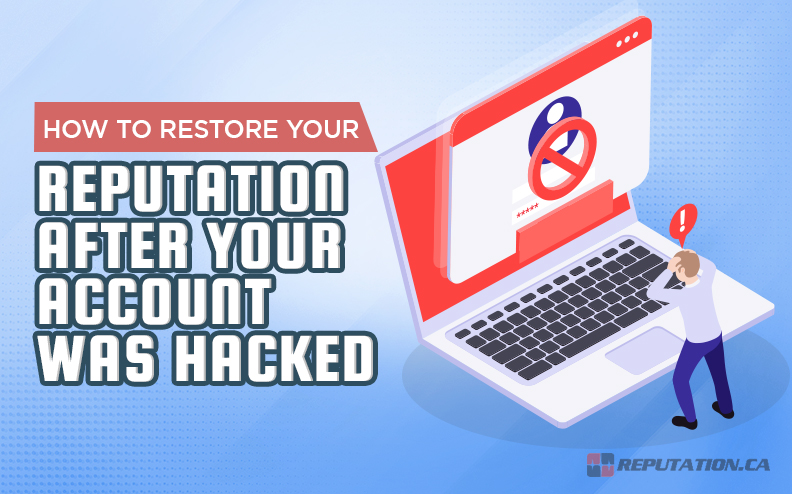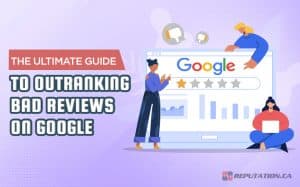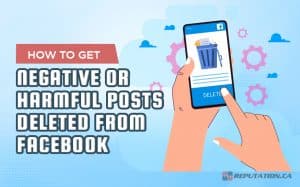Once upon a time, horse-drawn carriages were considered the pinnacle of transportation technology. Technology has become so advanced that we can actively communicate with friends and family in countries halfway across the world.
Social media is one of our most impressive tools since it enables us to reach so many people in geographically disparate areas. You will be hard-pressed to find a modern citizen who does not have some form of social media account (i.e., Instagram, TikTok, or Twitter/X). These platforms have even spawned an industry of influencers who inspire and motivate their audiences with the promise of being like them.
Unfortunately, modern society has become unforgiving towards certain controversies and issues that put these individuals at risk of losing their audience.
Posting the wrong thing on social media can cause a major issue with your audience and cost you their loyalty. This includes philosophical, ideological, and political disagreements that cause certain people to turn against you. Posting the wrong thing is bad enough, but another risk is inherent to any digital medium that could harm your reputation even when you were not involved. Hacking is a major issue for several platforms, with cybercriminals constantly working to bypass updated security features.
Sometimes, social media accounts are hacked, and the responsible party takes advantage of the access to post inflammatory content as though they are the account owner. Recovering from an attack like this is difficult but not impossible.
Step #1: Let Your Audience Know
Being hacked is a huge invasion of privacy that you probably would prefer to keep to yourself if possible. Unfortunately, once a hacker accesses your account and abuses it for personal reasons, they can post as though they are you. This means they can post anything they please and make it seem like you posted it, which can affect how people perceive you. There have been several examples of someone’s social media account being hacked and a link being posted through that profile.
Those links typically lead to phishing websites or install malware when clicked, making it seem as though the person who owns that account is trying to steal data. Fortunately, most people know that a social media account that suddenly engages in this behavior was likely the victim of hacking and know better than to attribute blame. Unfortunately, this is not the only thing a hacker will do once they access someone else’s profile.
Some people hack accounts with the express purpose of posting harmful content under that person’s name. Sometimes, the content is harmful to the account owner, and other times, it is harmful to someone else. Either way, these hacks can drastically diminish your standing with others since not everyone will assume you were hacked when the content is posted and are more likely to assume you did it voluntarily.
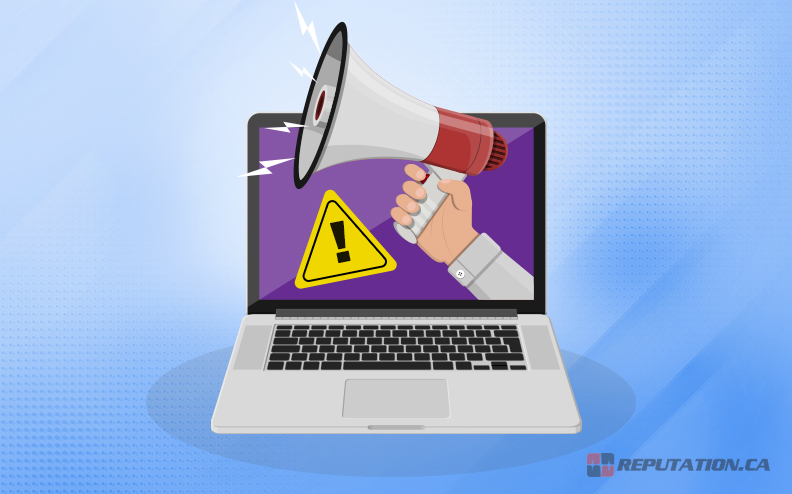
That is why the first step to recovering your reputation after an incident like this is to make an announcement to anyone following your profile that you were a victim of hacking. Doing this as soon as possible is an effective way to let your followers know that any content posted on your profile within a specific timeframe does not reflect you. There might be some initial resistance to your announcement since not everyone will believe the posts were a result of hacking.
Nevertheless, making the announcement as soon as possible will ensure the statement is more credible than if you wait for several days while the posts gain traction. Once your audience is aware of the hack attempt, you can focus on damage control, but without that knowledge, your audience will assume you made the posts.
Step #2: Remove the Inflammatory Posts
If the hackers used your social media account to post intentionally inflammatory content to try and discredit you, the next thing you have to do is remove it. The longer inflammatory posts remain on your profile, the more people will see them. Even if these posts do not reflect your opinions, newcomers to your profile will not benefit from knowing this. This can cause new viewers to immediately turn away from your content, which could jeopardize your social and professional standing.
Fortunately, once you regain control of your profile, you will have complete access to the account functions. Almost every social media platform enables account owners to delete posts on their accounts at their leisure. Even if a hacker made the post, you can remove it once you are logged in again. Assuming you alerted your audience that you were hacked, no one will question you removing content that might be considered “disagreeable.”
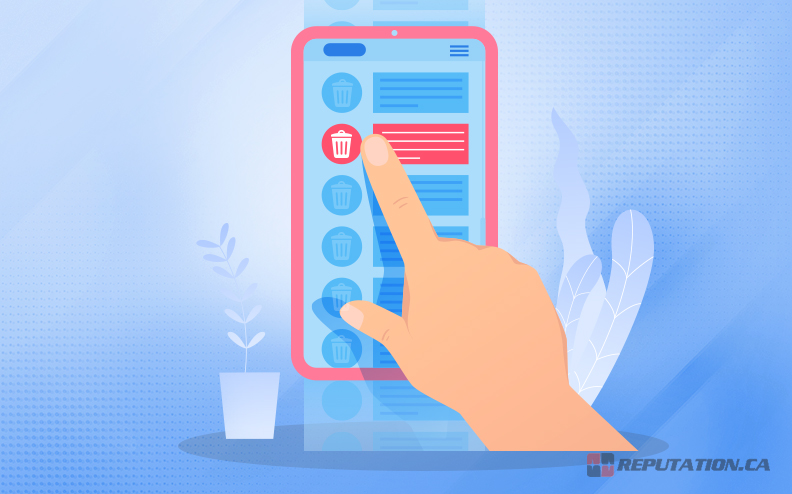
That said, you must not remove the content without telling your audience the situation. Removing inflammatory content posted by someone else without letting them know you are a victim of hacking will come across as an admission of guilt. Most people perceive content deletion as trying to cover your tracks and making it seem like you never posted it. Combining this step with the previous one lets your audience know that the content was never supposed to be on your account and that someone else was trying to make you look bad.
Not everyone will believe this (even if it is true), but most of your audience will be more likely to give you the benefit of the doubt if you announce the hack as soon as possible.
Step #3: Update Your Profile
This next step is less of a repair tactic and more oriented toward protecting your account from further breaches. Changing your account passwords will help minimize the risk of another hack attempt succeeding and reduce the risk of further false posts. Whenever an account gets hacked, regardless of the type of website, changing your password is essential to protect yourself from future attacks.
While this is not foolproof, it works wonders for your otherwise vulnerable account. If you do not take the proper precautions to secure your account, you will be vulnerable to another attack, allowing them to do more damage. Recurrent attacks lower any credibility you might have had that you were not responsible for the inflammatory posts.
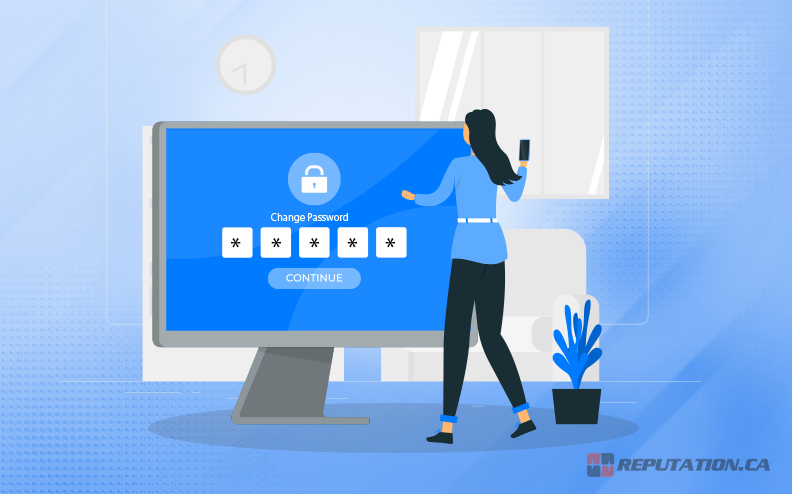
While people with a larger presence in the public sphere are more likely to be targeted multiple times, that does not mean every attack will be successful. Updating your profile’s privacy settings will help make recurrent attacks seem realistic to your audience. Unfortunately, altering your account credentials will only passively protect your reputation and will not undo any damage caused by the original attack. Nevertheless, it is important to protect your image and restore your audience’s faith in you.
Step #4: Offer Proactive Assistance
Some people use their social media accounts as a storefront to offer services and goods associated with their personal brand. Many influencers link to merchandise such as clothing, accessories, and cosmetics, depending on the type of content they produce. This makes maintaining your social media account’s security even more important since your customers rely on it to reach you when there is a problem.
Having your account hacked can lock you out of your customers’ comments and prevent you from helping them if they face issues. The inability to reach the source of their merchandise when it is flawed can cause customers to disavow you vehemently and claim you do not care. The same issue arises for more mundane concerns like failing to reply to a comment or question your audience feels is important.

If you are locked out of your primary account, your reputation can slowly bleed away as your audience and customers feel abandoned despite it not being your fault. The only way to overcome this issue effectively is to offer solutions however you can. You might have to create a secondary account to comment on your primary page for situations like this. You might have to reach out through a third party to ensure your consumers know their options.
This will help keep your consumers calm until you can regain control of your account, though this step might not be necessary if you regain control within a short time. Nevertheless, proactive assistance for your consumers can help reduce the outcry and prevent your reputation from taking a major hit. This also relates to step #1 since proactively commenting on the hack as soon as you learn about it is essential to ensure there are no misconceptions.
Step #5: Be Transparent
Letting your audience know you were hacked is an important step, but if you handle certain details that might compromise them, they will want more details. While this information is unlikely to affect a social media account, the hackers might use the information they got from your profile to hack other accounts on different websites.
For example, if you have a digital storefront with access to your audience’s billing information. This information could severely damage your audience’s financial situation and cause them more harm. While the prospect of their information being leaked is terrifying, the worst thing you can do is keep them in the dark. If the attack on your account has led to a subsequent attack that compromises your audience’s data, you must tell them immediately.
The sooner your audience is aware of the problem, the sooner they can take measures to protect themselves. Unfortunately, this alone is not enough to assuage their concerns. You must also keep them apprised about how you plan to resolve the situation.

When an issue arises that affects your consumers, they want to know that the situation is being handled. Radio silence only makes them more nervous and generally leads them to believe you are not doing anything to resolve the problem. For example, if there was a breach and you only tell them it occurred, they will want to know how you plan to prevent this from happening again. If you ignore the question in the hope they will forget about it, they will only become more irritated and assume you do not have any plans to protect them.
Conversely, letting them know that you are working on improving the security of your accounts will assure them that you are taking the situation seriously and not just moving on without addressing the problem.
You do not necessarily have to give your audience a step-by-step explanation of your actions to resolve the issue. However, you need to ensure they know your actions to fix the problem and how it will protect them going forward. Otherwise, your audience will have no reason to trust that you are doing anything since they will likely give up by the time a noticeable change occurs.
Take Your Reputation Back!
Modern audiences are much less forgiving toward their influencers and entertainers than in the past. While holding people accountable for their actions is important, some took the concept too far and radicalized it to turn every misstep into a major offense. Additionally, people have become less trusting of companies and influencers, causing many to adopt a “guilty until proven innocent” mentality, making even an accusation a life-destroying event.
While having an account get hacked and used to post harmful content might seem minor, modern sensibilities have made this type of content dangerous to our reputations. Protecting against hackers is one thing, but protecting your reputation is complicated enough that you might need extra help.
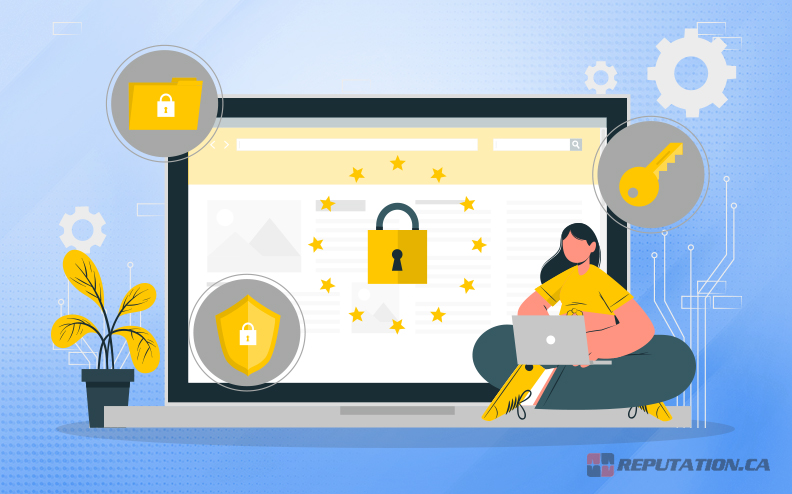
We at Reputation know how important your public image is and how devastating it can be when damaged. Having your reputation damaged due to someone else hacking your profile is an even more devastating experience since your life could be compromised because of someone else. While we cannot help with preventing hack attempts, we can help you manage your reputation. One of our main services is social media management, allowing us to regulate your social media accounts on your behalf and make statements as needed. There are no shortcuts when it comes to your public image, so visit our website today and take your reputation back!
Do you have any questions about anything we discussed in this article? If so, please feel free to reach out at any time; we’d be more than happy to assist you.




